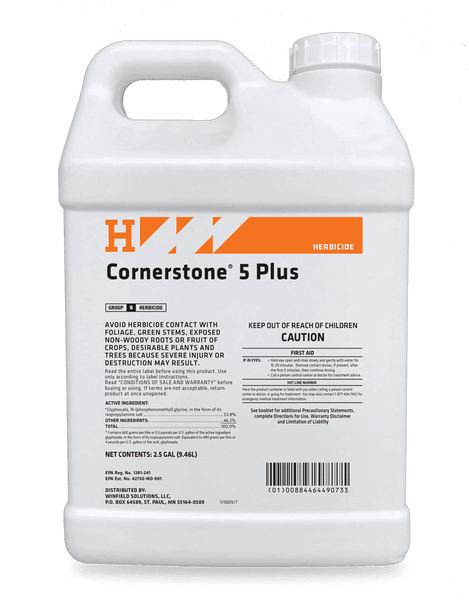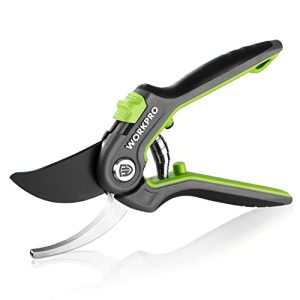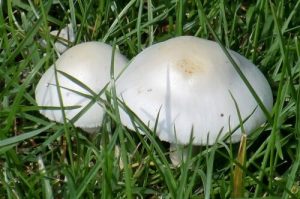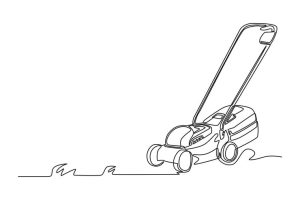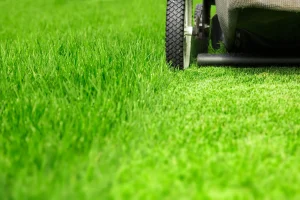Are you struggling with pigweed taking over your garden or fields? You’re not alone.
Pigweed, with its rapid growth and resilience, can quickly become a gardener’s nightmare. But fear not, because there are solutions to help you reclaim your green space. We’ll dive into which herbicides are most effective in eliminating pigweed for good.
You’ll discover tips that not only save your time but also your hard-earned money. Stay with us, and you’ll soon have the knowledge to tackle this pesky weed once and for all. Let’s get started on transforming your garden back to its pristine state.
Pigweed Characteristics
Pigweed thrives in various conditions, making it a tough opponent for gardeners. Effective herbicides like glyphosate or dicamba can control its growth. Consistent application ensures successful management of this resilient weed.
Pigweed is a notorious weed that can wreak havoc on your garden or farm. It’s not just its hardy nature that makes it a formidable opponent, but also its ability to adapt and thrive in various environments. Understanding its characteristics is crucial in combating this persistent plant.Growth Patterns
Pigweed grows rapidly, often outpacing cultivated crops. It can reach heights of up to six feet, overshadowing other plants and hogging sunlight. This aggressive growth pattern allows it to spread quickly, making it a challenge to control. Pigweed seeds are prolific, with a single plant capable of producing thousands of seeds. These seeds can remain viable in the soil for several years, ensuring pigweed’s persistence. Have you noticed how it seems to pop up year after year, no matter what you do?Resistance Concerns
One of the biggest challenges with pigweed is its resistance to many common herbicides. Over time, pigweed has developed resistance, making it tougher to eliminate with standard treatments. This resistance can lead to increased costs and efforts in managing your fields or garden. You might find yourself using higher concentrations of herbicides, which isn’t ideal for the environment or your pocket. This resistance demands a more strategic approach to weed management, combining various methods for effective control. Pigweed’s resilience is a call to action for anyone dealing with it. Are you ready to explore alternative strategies to tackle this stubborn weed?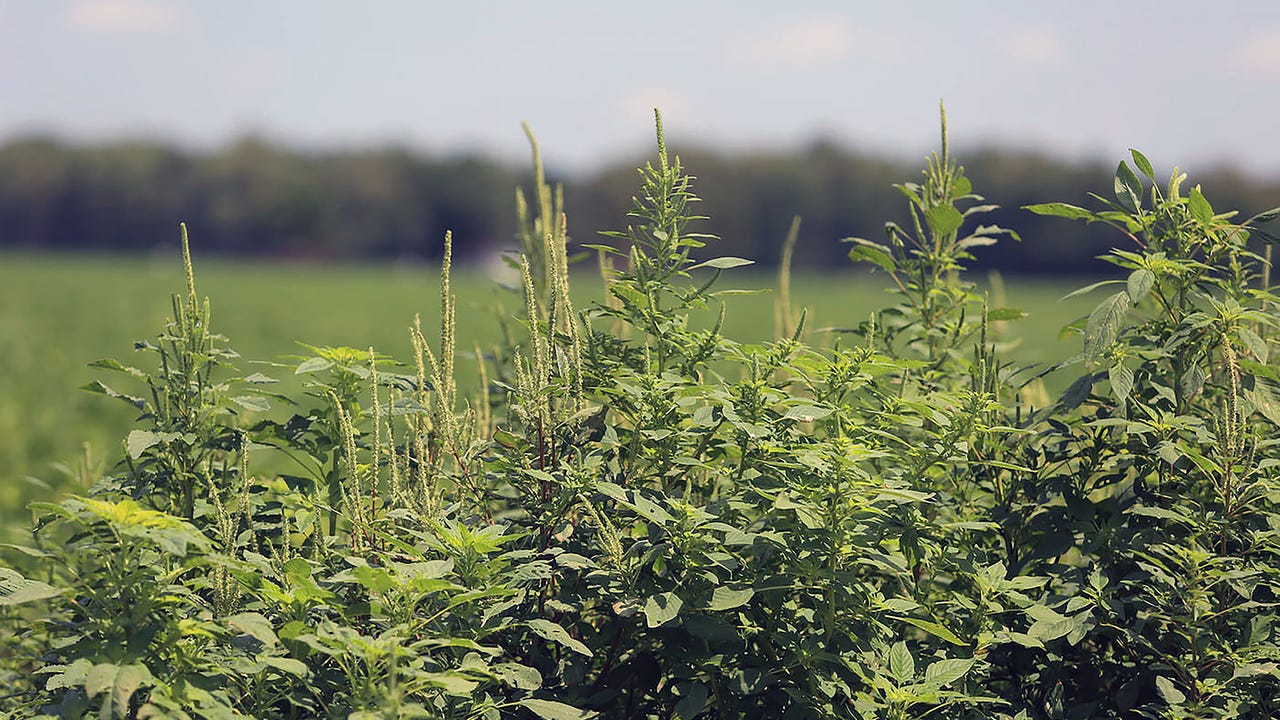
Credit: www.farmprogress.com
Common Herbicides
Choosing the right herbicide to kill pigweed involves knowing its resistance levels. Glyphosate and 2,4-D are effective options. Proper application ensures better results, targeting pigweed’s stubborn growth.
Pigweed poses a serious challenge for gardeners and farmers. Its rapid growth and resistance to many herbicides make it difficult to control. Selecting the right herbicide can be crucial for effective management. Various options exist, including chemical solutions and natural alternatives.Chemical Options
Chemical herbicides are often used to tackle pigweed. They offer fast action and reliable results. Glyphosate is a popular choice for its broad-spectrum effectiveness. It targets pigweed by inhibiting essential plant enzymes. Atrazine is another option that controls pigweed effectively. It disrupts photosynthesis, leading to plant death. Dicamba is known for its post-emergent control of pigweed. It works by mimicking plant hormones, causing abnormal growth. These chemical options require careful application. Following safety guidelines is crucial to protect the environment.Natural Alternatives
Natural herbicides offer a safer approach to pigweed control. Vinegar, with acetic acid, can kill pigweed naturally. It dehydrates the plant, leading to its demise. Salt solutions are effective against pigweed. They disrupt water uptake, causing wilting and death. Corn gluten meal prevents pigweed seeds from germinating. It offers a preventive measure rather than a cure. Essential oils, like clove oil, can also be used. They damage plant cell membranes, killing pigweed. These alternatives minimize chemical exposure and are eco-friendly.Expert Recommendations
Experts suggest using herbicides like glyphosate or dicamba to effectively control pigweed. These options target pigweed’s growth, helping maintain healthy crops and gardens. Always follow usage instructions for safety and best results.
Dealing with pigweed in your garden or farm can be a challenging task. This resilient weed often requires more than just a simple pull from the ground. Expert recommendations are crucial when selecting the most effective herbicide to eliminate pigweed. These tips not only help in choosing the right formulation but also ensure that you apply it correctly for the best results.Effective Formulations
Choosing the right herbicide formulation is critical to successfully killing pigweed. Experts often recommend products containing active ingredients like glyphosate, dicamba, or metribuzin. These ingredients are known for their efficacy in targeting broadleaf weeds like pigweed. However, it’s important to check the product label for specific instructions and suitability for your plants. Some formulations may be more potent and suitable for larger infestations. You might also consider pre-emergent herbicides to tackle pigweed seeds before they even sprout.Application Techniques
Applying herbicides with precision is just as important as choosing the right product. Ensure that you spray during calm weather to prevent drift onto desirable plants. It’s best to apply in the early morning or late afternoon when temperatures are cooler. Use a sprayer that allows for even distribution, and always wear protective gear to avoid skin contact. Consistency is key, so make a schedule for repeated applications as recommended on the product label. Have you ever noticed that some areas of your garden are more prone to weeds than others? Consider spot-treating those areas more frequently. This targeted approach saves herbicide and reduces the risk of affecting non-target plants. Following these expert recommendations can significantly enhance your weed management strategy. What other strategies have worked for you in battling pigweed?
Credit: www.amazon.com
Environmental Impact
Pigweed can be a stubborn adversary in the garden or on the farm, but using herbicides to tackle this invasive weed isn’t without its consequences. It’s crucial to weigh the environmental impact of these chemicals. While herbicides can be effective, they often ripple through ecosystems, affecting soil health and biodiversity in unexpected ways.
Soil Health
Herbicides designed to kill pigweed can alter the chemistry of the soil. These chemicals can reduce the soil’s natural fertility, making it less hospitable for future plant growth. Over time, this can lead to a reliance on additional chemical inputs, creating a cycle that’s hard to break.
Moreover, herbicides can impact soil microorganisms. These tiny creatures play a vital role in breaking down organic matter and maintaining soil structure. When they’re disrupted, the soil’s ability to support healthy crops diminishes.
Biodiversity Effects
Herbicides don’t discriminate; they can affect non-target plant species. This means that other beneficial plants in your garden or farm could be at risk. When plant diversity decreases, it can lead to a less resilient ecosystem.
Consider the impact on pollinators like bees and butterflies. Many of these creatures rely on a variety of plants for food and habitat. When herbicides reduce plant diversity, it can lead to fewer resources for these essential pollinators.
Are you willing to trade short-term gains for potential long-term ecological damage? It’s a question worth pondering as you choose how to manage pigweed in your environment.
Safety Considerations
Using herbicides to eliminate pigweed requires careful attention to safety. Pigweed can be stubborn, but the chemicals used to combat it must be handled responsibly. Understanding safety considerations ensures the process protects both the user and the environment.
Personal Protective Equipment
Wearing the right gear is crucial. Gloves protect your hands from chemicals. Goggles shield your eyes against splashes. Long sleeves and pants cover your skin. Respirators prevent inhaling fumes. Proper footwear keeps feet safe. Always wear these items when applying herbicides.
Handling Precautions
Store herbicides in a cool, dry place. Keep them away from children and pets. Read labels carefully before use. Follow instructions precisely to avoid accidents. Dispose of containers responsibly. Never reuse them for other purposes. Avoid spills and leaks during transportation. Clean equipment after each use to prevent contamination.
Integrated Weed Management
Integrated Weed Management focuses on controlling pigweed using effective herbicides. Glyphosate and dicamba are popular choices to eliminate pigweed efficiently.
Integrated Weed Management (IWM) combines several methods to control pigweed effectively. This strategy reduces reliance on a single herbicide. By using diverse techniques, farmers can manage weeds sustainably. IWM helps maintain soil health and biodiversity. It also reduces the risk of herbicide resistance. Let’s explore some key components of IWM.Cultural Practices
Cultural practices play a significant role in managing pigweed. Crop rotation is an effective method. Rotating crops disrupts pigweed’s life cycle. It limits the weed’s growth and spread. Planting cover crops can also suppress pigweed. These crops compete with pigweed for resources. This reduces pigweed’s chances of thriving. Adjusting planting dates can help too. Early planting gives crops a head start over pigweed. These practices create a less favorable environment for pigweed.Mechanical Control
Mechanical control involves physical methods to remove pigweed. Tillage is a common technique. It disrupts the soil surface, uprooting pigweed. Regular tillage can help manage weed populations. Hand weeding is another option. Although labor-intensive, it is effective in small areas. Mulching can suppress pigweed as well. A thick mulch layer blocks sunlight from reaching the weed. This prevents pigweed from growing. Mechanical methods reduce the need for chemical herbicides. They are environmentally friendly and sustainable.
Credit: www.amazon.com
Frequently Asked Questions
What Is The Best Herbicide For Pigweed?
Glyphosate is highly effective against pigweed. Use it post-emergence for best results. Ensure proper application rates. Consider using dicamba or 2,4-D for resistant pigweed. Rotate herbicides to prevent resistance. Always follow label instructions for safe usage.
How To Permanently Get Rid Of Pigweed?
To permanently eliminate pigweed, regularly till the soil and apply a pre-emergent herbicide. Mulch heavily to prevent sunlight from reaching seeds. Hand-pull young plants before they seed. Rotate crops to disrupt growth cycles. Maintain a healthy lawn or garden to outcompete pigweed.
Does 2,4-d Kill Pigweed?
Yes, 2,4-D can effectively kill pigweed. It’s a popular herbicide for controlling broadleaf weeds. Always follow label instructions for best results and safety. Regular monitoring helps prevent pigweed resistance.
Will Dicamba Kill Pigweed?
Yes, dicamba effectively kills pigweed. It disrupts the plant’s growth hormones, leading to its death. For best results, apply dicamba early when pigweed is small. Always follow the label instructions and consider resistance management strategies.
Conclusion
Choosing the right herbicide matters. Pigweed can be tough to control. A targeted approach helps manage its spread. Always read labels before application. Consider safety and environmental impact. Different herbicides work in different areas. Consult experts for best results. Stay informed about new solutions.
Regular monitoring of fields is crucial. Prevention is better than cure. Keep your garden healthy and pigweed-free. Consistent effort leads to success. Embrace sustainable practices for long-term benefits. Make informed choices to protect your crops. Keep learning for better pest management.
Your commitment makes a difference.

